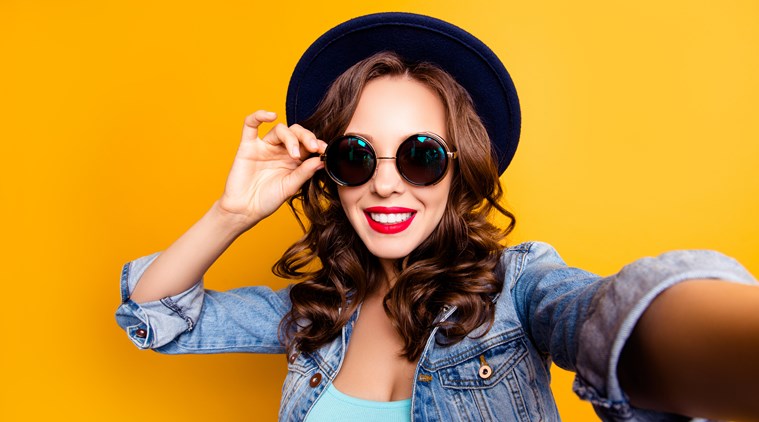Though it may seem funny at first, the obsessive trend raises some serious concern.

Reportedly, Uttar Pradesh’s Sanjay Gandhi Post Graduate Institute of Medical Sciences (SGPGIMS) is treating four-five patients daily for ‘Selfitis’ — a condition characterised by an obsession with taking selfies. Though the American Psychiatric Association doesn’t recognise the condition as yet, it states on its official site that given selfie is a mainstay of social media — many people spend time every day taking, perfecting and posting selfies — a mental health condition of selfitis ‘sounds like it could be real’.
Though it may seem funny at first, the obsessive trend raises some serious concerns.
Your social circle may help boost your body image
Here’s why
A 2018-study published in the Journal of Family Medicine and Primary Care found that 259 selfie deaths occurred worldwide in 137 incidents from October 2011 to November 2017. Of these, 159 were reported from India. This was the highest, followed by Russia, the United States, and Pakistan. Of the 259 casualties, 72.5 per cent were male, and more than 85 per cent of the victims were aged between 10 and 30, the study said.
The National Center for Biotechnology Information news reports-based analysis also pointed out how selfies ended up killing five times more people than shark attacks.
The research also pointed out that while women took the most selfies, young men were more prone to take risks, making up three-quarters of the selfie deaths — in drownings, crashes, falls or shooting accidents.
While the simple act of taking a selfie is not dangerous, the problem lies when people take risks by posing in dangerous settings to get that perfect shot.

Want to avoid the condition?
Analyse how many selfies you take in a day. While three is suggested to be borderline traits of selfitis, taking selfies all the time and posting at least six is suggested to be chronic traits of Selfitis, as per researchers from the Nottingham Trent University in the United Kingdom and Thiagarajar School of Management in India who actually investigated the social media phenomenon, leading them to create a ‘Selfitis Behaviour Scale’ in 2018.
The team of researchers developed 20 statements for analysing individuals who may suffer from selfitis. Individuals were asked to rate how much they agree with a specific sentiment, allowing psychiatrist to determine how severe the condition might be. Some example statements were: “When I don’t take selfies, I feel detached from my peer group” and “I feel more popular when I post my selfies on social media”.
Source: Read Full Article
